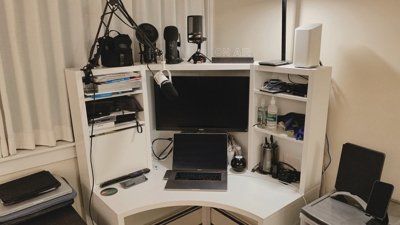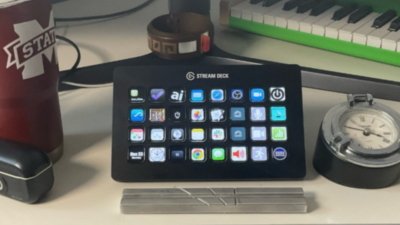Apple on Tuesday updated the MacBook Air, MacBook Pro, and Mac mini with Apple Silicon chips, but customers can still buy Intel versions of two of those Macs.
While M1-equipped models have replaced the lower end of the 13-inch MacBook Pro lineup, Apple still has a 2.0GHz 10th-generation Core i5 MacBook Pro available for $1,799. That can be bumped up to an Intel Core i7 for an additional $200.
In addition to two M1 variants of the Mac mini, there's still a six-core Mac mini with a 3.0GHz 8th-generation Intel Core i5 chip available for $1,099. Importantly, the Intel Mac mini can be upgraded with 10-gigabit Ethernet but lacks Wi-Fi 6 and support for Thunderbolt and USB 4. The RAM on the M1-equipped models is also no longer user accessible
For the MacBook Air, Apple no longer directly offers an Intel variant. There are two M1-equipped models available, with the base tier starting at $999 and coming with a seven-core GPU. The next tier up starts at $1,249 and sports an eight-core GPU and 512GB of storage.
Beyond those three Mac models, the rest of Apple's desktop and notebook lineup remains unchanged. There are still the exact same iMac, Mac Pro, and 16-inch MacBook Pro models available as there were before the event.
Those devices are all going to make the switch to Apple Silicon over the next two years, but they aren't likely to jump to an M1 in 2020. In fact, back at WWDC 2020, Apple made it clear that it still has some Intel-based Macs "in the pipeline" that we haven't seen as of Nov. 10.
The new Apple Silicon devices are available to pre-order starting today, Nov. 10, and will begin shipping to customers and retail stores the next week.
 Mike Peterson
Mike Peterson-xl.jpg)


 Malcolm Owen
Malcolm Owen
 Christine McKee
Christine McKee
 Charles Martin
Charles Martin


 William Gallagher
William Gallagher
 Amber Neely
Amber Neely










5 Comments
These three are a solid start. I can't wait to see what they offer in beefier chips. With RAM being integrated into SOC now I can see 16GB being the default for higher end desktops and 32GB as the upgrade. It will be very interesting to see what they do with the highest end desktops - will they support off SOC RAM? And if so, how much of a performance hit will it cause?
It's quite the conundrum. Then again in the higher end CPUs I suppose they could make more variants with different RAM options. Will give the "upgraders" plenty to squeal about.
I was planning to get a 2020 Intel 10th-gen MB Pro from the refurb store, but it seems like they have removed all the lower priced units. Probably a gentle nudge to entice purchase of these new (lower-cost) MBPs. Hopefully they come back before the end of the year.
Is there any indication that the M1 outperforms the Xeon, i9 or i7? Apple was ... vague on the topic. That only the MBA and entry level MBP and Mac Mini models were replaced, eGPUs are not supported and memory is capped at 16GB makes me think that Apple is avoiding Pro users at this time.
Then again ... it may be for software reasons and not hardware ones. My guess is that the people who use entry level Macs are going to be the ones relying mostly on first party software like Final Cut Pro X plus software from the likes of Adobe and Microsoft who promises day one support as well as things that are more likely to undergo the Catalyst/Rosetta treatment early. All other needs for this cohort can probably be filled by iPad apps that Big Sur makes available.
Meanwhile pro users are going to be far more likely to rely on software that won't be available for months or even over a year that won't be addressed by mobile apps. So I guess it is to the benefit of the users that Apple isn't selling people very expensive machines that they won't be able to do much with right now.
We know Apple said will be supporting Intel based MACs for years but not sure why anyone wants to buy those when the future of MAC is Apple's Silicon..